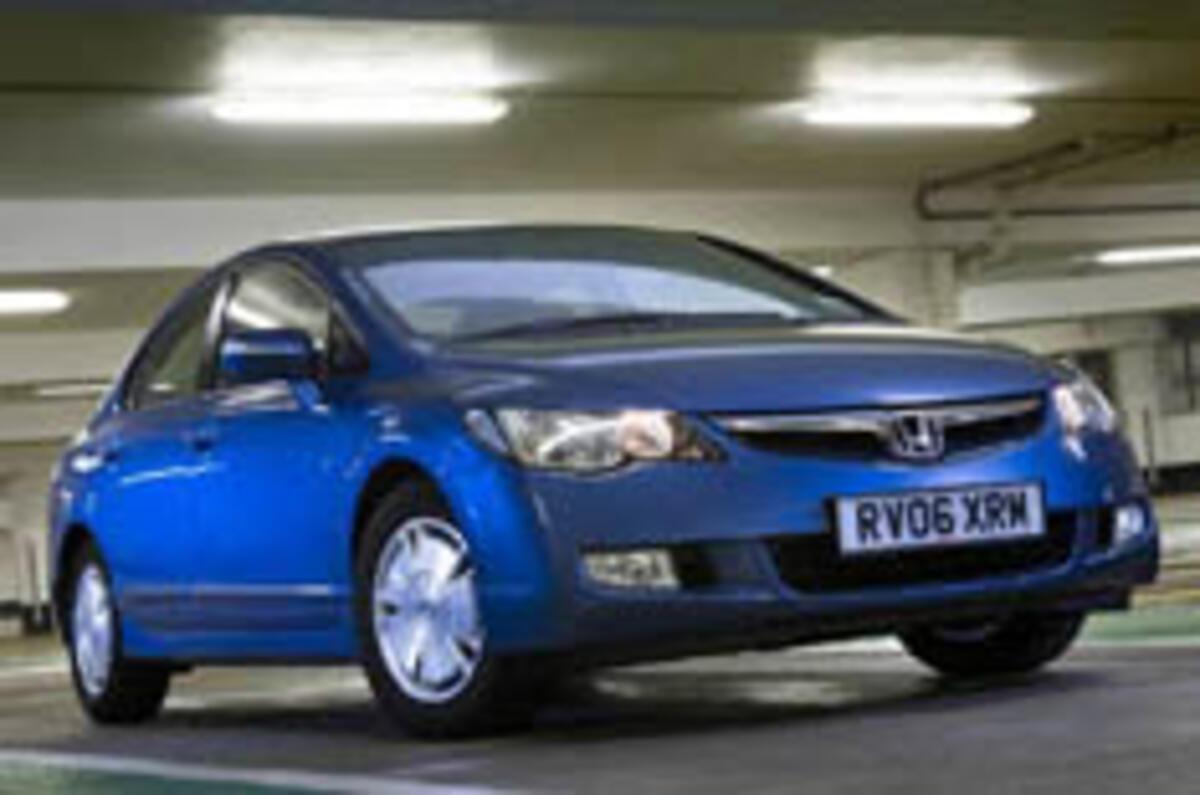A week on from the Budget, manufacturers are fighting hard for your green pound.
‘British drivers don’t understand greener cars’ said Honda as it launched its new Civic Hybrid. Renault claims they do – they just don’t want to pay high prices for hybrids.
Citroen has countered with an offer to pay the equivalent of the London Congestion Charge for a year (£1696) for buyers of its C2 and C3 Stop & Start models to make the point that its emissions (133 g/km) and mpg (50 on the combined cycle) are not far off those of the exempted hybrids. Saab, meanwhile, has produced a hybrid concept that mates a bioethanol-burning engine with an electric motor to give CO2-free driving.
The most conventional of these offerings is Renault’s Mégane diesel range. Renault makes the point that its cheapest Mégane diesel costs £12,750 – as against £16,300 for the Civic Hybrid or £17,760 for Toyota’s Prius. It and the more powerful Mégane diesel sit in the same realigned Vehicle Excise Duty band as the two Japanese competitors: the Civic emits 109 g/km, the Prius 104 and the Mégane sneaks in at the limit of 120 g/km. The quoted mpg figures are very similar: combined cycle figures of 61 for the Civic, 65 for the Prius and 60 for the Mégane. Where the lower-powered Mégane diesel lags is in the power stakes, a point Honda makes by comparing the performance of its Civic Hybrid to Ford’s Focus VVTi. Honda omits to mention the price difference between the two of £2655.
Power is no problem for Saab’s BioPower Hybrid Concept, a 9-3 convertible fitted with a 260bhp 2.0-litre turbo running on 100 per cent bioethanol combined with a 38kW electric motor and four-wheel drive. This has all been squeezed in without impinging on cabin or boot space. Although the Citroen C2’s engine is off for parts of an urban journey, the Civic and Saab concept offer the possibility of running on electric power alone, meaning no local pollution at all. But with the rules for the London Congestion Charge likely to exclude the Prius and Civic in the future, the only certainty seems to be that manufacturers will increasingly be using green credentials to win sales.




Add your comment